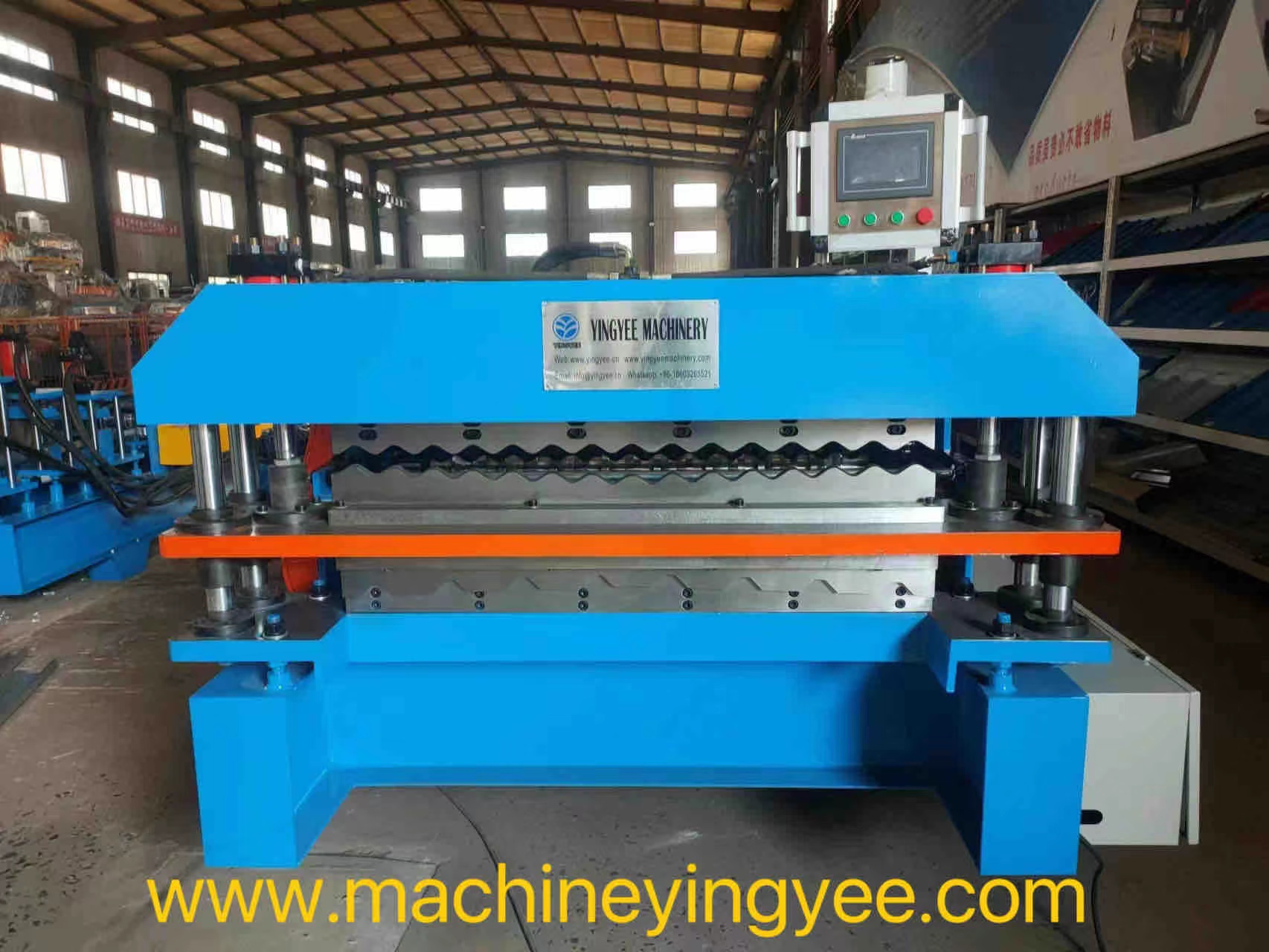
The Evolution of Storage System Profiles in Manufacturing
In today's fast-paced and ever-evolving manufacturing landscape, the importance of efficient storage systems cannot be overstated. As industries continue to grow and innovate, there is an increased demand for advanced storage solutions that are adaptable to various manufacturing processes. The concept of storage system profiles forming machines is at the forefront of this evolution, providing manufacturers with the tools necessary to optimize their operations and improve overall productivity.
Storage system profiles refer to the specific configurations and designs of storage systems that can accommodate various materials and products in a manufacturing setting. These profiles can include everything from pallet racks and shelving units to automated storage and retrieval systems. At the heart of these systems are the machines that form and assemble the components needed to create efficient storage solutions.
The development of storage system profiles forming machines has been driven by several key factors. Firstly, the increasing complexity of manufacturing processes has necessitated more sophisticated storage solutions. Traditional storage systems often struggle to keep up with the demands of modern production lines, leading to inefficiencies and delays. Forming machines are designed to create customized storage solutions that can be easily integrated into existing workflows, allowing manufacturers to respond quickly to changing needs.
Additionally, the rise of automation in manufacturing has played a significant role in advancing storage system profiles. Automated systems are capable of handling large volumes of products with minimal human intervention, which requires storage solutions that are tailored to support these high-speed operations. Forming machines enable manufacturers to produce storage components that can interface seamlessly with automation technologies, enhancing overall efficiency and reducing the cost of labor.

Another critical factor influencing the evolution of storage system profiles is the growing emphasis on space optimization. As real estate costs continue to rise, manufacturers are increasingly focused on maximizing the use of available space within their facilities. Custom storage solutions that are designed specifically for the layout and requirements of a manufacturing plant can significantly increase storage capacity while reducing the physical footprint of storage systems. By utilizing forming machines, manufacturers can create bespoke storage profiles that make the most of their available space.
Moreover, sustainability has emerged as a key consideration for manufacturers seeking to improve their operations. The production of storage system profiles using eco-friendly materials and processes has become a priority as businesses strive to reduce their environmental impact. Forming machines can be programmed to utilize sustainable materials, enabling manufacturers to create storage solutions that not only meet their operational needs but also align with their sustainability goals.
The technological advancements in forming machines themselves have also contributed to the evolution of storage system profiles. Modern forming machines are equipped with sophisticated software and controls that enable manufacturers to easily design and prototype new storage solutions. This capability allows for rapid iterations and adjustments, ensuring that the final products meet specific operational requirements. Additionally, advancements in materials science have led to the development of stronger, lighter, and more versatile materials that can be used in storage systems, further enhancing their performance and durability.
In conclusion, the emergence of storage system profiles forming machines represents a significant advancement in the field of manufacturing. By providing tailored, efficient, and sustainable storage solutions, these machines are enabling manufacturers to optimize their operations and meet the demands of a rapidly changing market. As technology continues to evolve, it is likely that we will see even more innovative storage solutions that will help drive the future of manufacturing. With the continuing integration of automation and customization, the role of storage systems will become ever more critical in achieving operational excellence and competitive advantage.